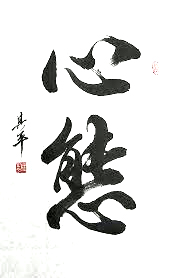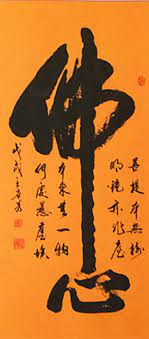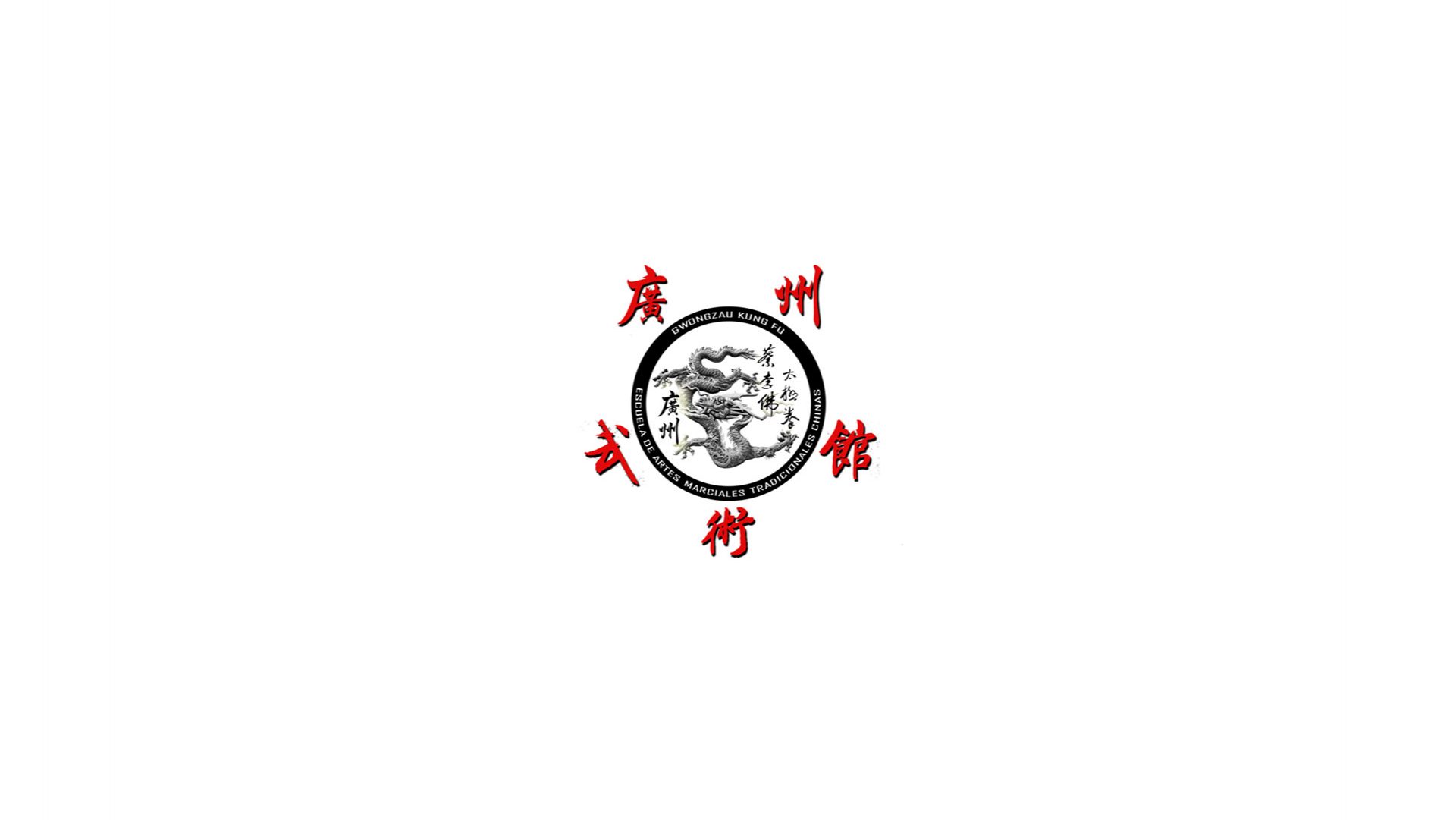The content of this article is entirely personal, that is, it is simply about reflecting an opinion, and proposing interesting questions to ask oneself, to stimulate reflection on certain aspects of the practice and teaching of martial arts. As such, this view may change in the future, and it is only as valid as any other.
Some people who approach martial arts do so by carrying unrealistic expectations and from perspectives that negatively influence practice. Because of the way it conditions practice and learning, we believe that approach is at least as important as the method itself.

By method we mean all those exercises organized in a logical way to develop certain objectives, namely, the set of skills necessary to acquire mastery of a certain style or a specific art.
By approach we mean the attitude with which we approximate practice.
In the classes, we have observed that many people are judging themselves during learning. These judgments are thoughts of the type "how clumsy I am", "I am not capable of this", etc., (or also of the opposite type, such as "how good I am"). This can be due to several reasons, including having expectations not adjusted to reality.
Traditional martial arts need a lot of practice time. This is the meaning of developing gōngfu 功夫. You can't get the same results with two hours a week as with several hours a day. This is not to say that everyone needs to train the same hours, or be interested in kungfu in the same way, but it is also obvious that you cannot expect the same results.
It is necessary to understand this so as not to make unrealistic expectations. You can't expect to learn a style of kungfu in a couple of months, or even in a couple of years, let alone devoting two or three hours per week. It is allright, especially if this is the only time we have, but it is important to keep it in mind so as not to get frustrated.
Today's society impels us to want to get everything now, immediately. We start a learning and we need to do it well now, from the beginning. It's clear that the goal is to do it well in the long run, but why do we need to do it well now? Can't we accept our mistakes and enjoy the practice even with them? This does not mean lacking an interest and a desire to continuously improve, it means not punishing or judging ourselves for our errors. The way we approach practice says a lot about the way we approach life.
From the beginning of our martial practice, what attracted us most is the fact of being present, with our whole being, in practice. Even, perhaps, to the point of extinguishing the self in it. But this approach was perhaps conditioned by our previous experiences and not necessarily everyone develops this kind of attitude towards practice. Therefore we must inculcate the approach as part of the method to encourage a healthy attitude towards practice.
As in Chán 禪 meditation, when thoughts arise, without judgment or rejection we return to our anchors, during training, when we realize a mistake, we correct it (although in the future we commit it again) and continue without judgment or reproach. It's about keeping an open and clear mind.

The body is the reflection of the mind. When the body is misled, it is because the mind is scattered. When the body is tense, it is the mind that is tense. Through the search for the perfection of movement what we achieve is the perfection of our own mind, the perfection of the mental state, the development of a clear and concentrated mind.
There are two types of mental presence, depending on the width of focus we use. When the focus is narrow, we isolate a small part of reality, for example breathing, leaving aside everything else. This is called concentration, and it is still a partial presence.
When the focus is wide and broadens to include the global reality, without paying more attention to one concrete part than to another, but covering the whole, it is an integrative attention.
In training we must be able to move between these two types of mental presence at will. We will generally use attention, but we can use concentration to isolate small parts to improve, and do so more manageably than simply improving the whole.
If we are going to train solely to improve our martial skills, it is more than likely that we will never use that knowledge (outside the training area), and hopefully we will not have to. On the other hand, if we use training to improve our mental state, develop patience and perseverance, sense of sacrifice, etc., what we practice in the training room we will certainly use it every day of our lives.
It is not about entering a state of mind during practice and then abandoning it. It is about there being no disruption between the mental state before, during and after training, because we continue to practice that mental state at every moment of the day.
For this it is necessary to also practice the approach and not only the method.
Through martial practice, we may be able to merge into the whole until the very sense of self is lost. We are no longer a "me" and the outside, but we are "everything", and finally "we are not" any more.
This is perhaps the most important and valuable thing we can convey, and we hope it can encourage reflection on the true value of martial training today.
